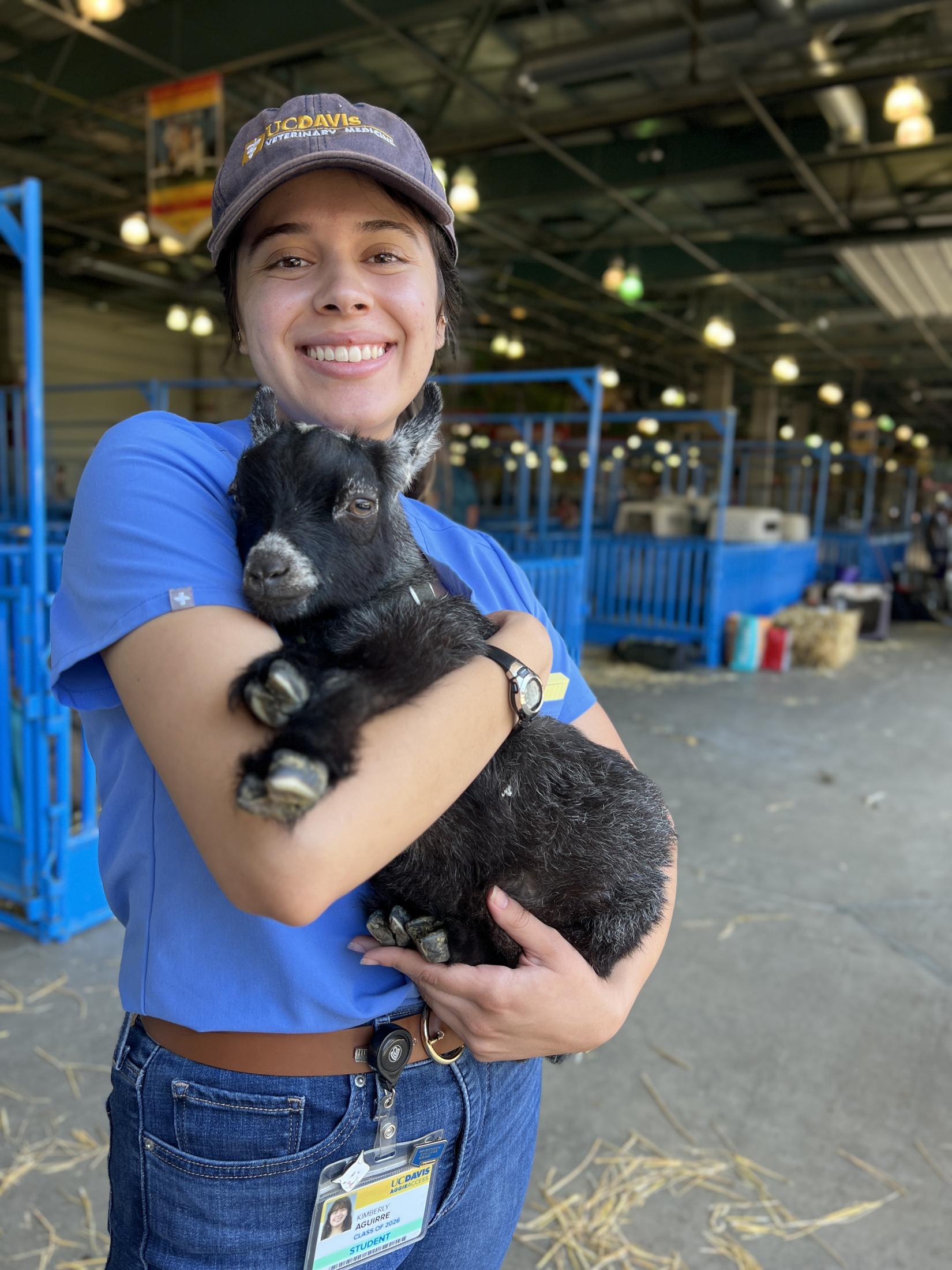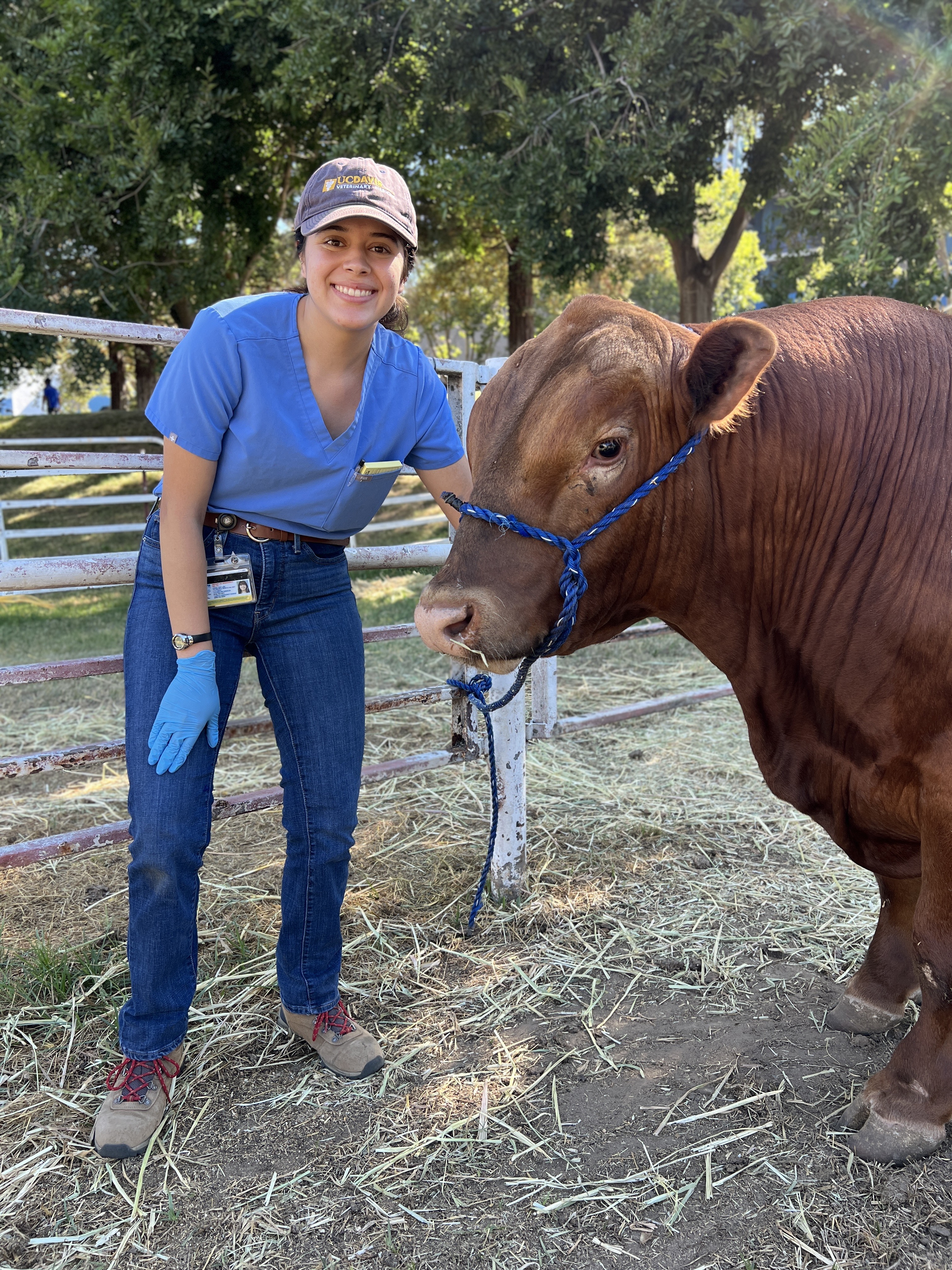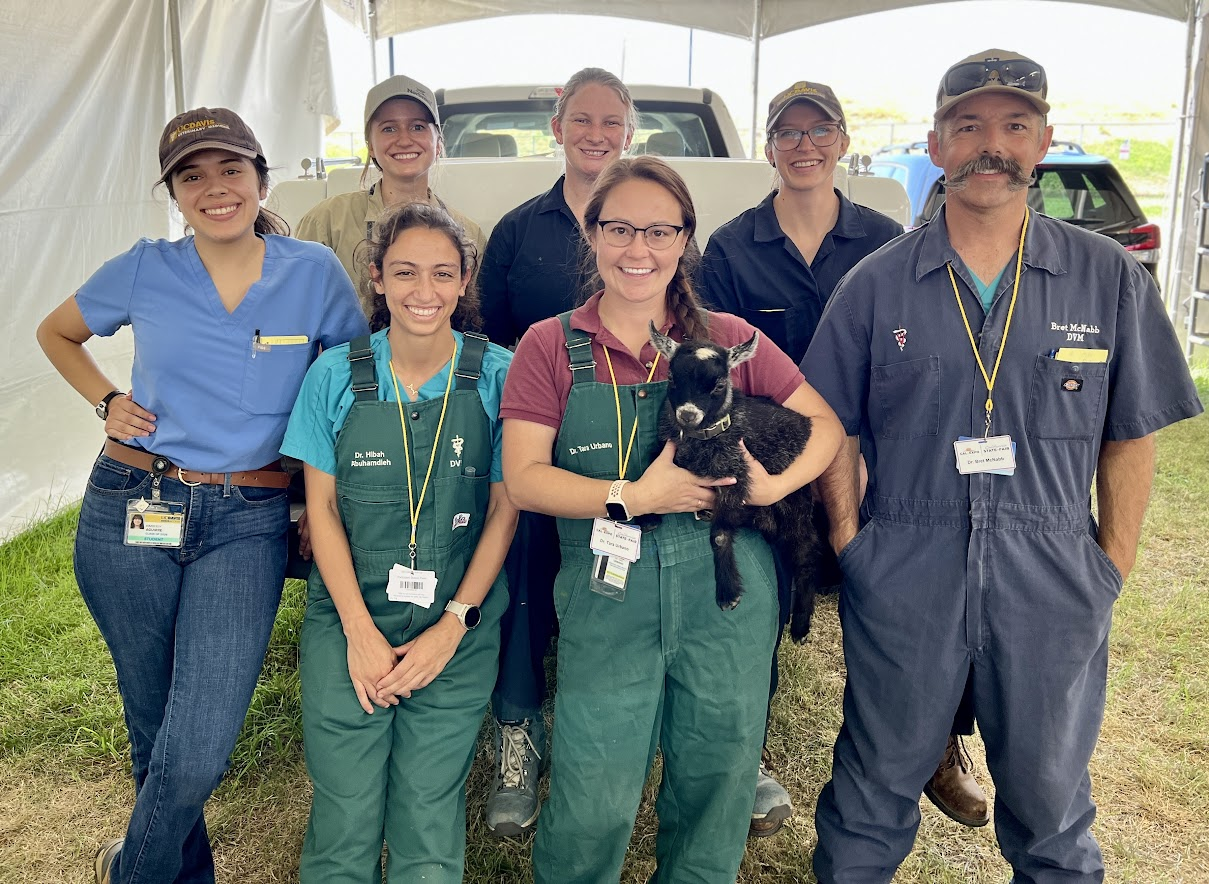Kimberly Aguirre
“We’re gonna need a bigger spay hook,” the veterinarian said jokingly to me as she began pulling the large uterus of an in-heat, feral cat out of its lower abdomen. I had spent the entire morning with this veterinarian in the spay/ neuter section of Paws Humane Society in Columbus, Georgia, monitoring while she moved quickly and efficiently between cat neuter and spay surgeries. That same afternoon, I was able to shadow a different veterinarian during preventative care appointments with people from the local community. This put my bilingual skills to the test, since I was asked to interpret for a Spanish-speaking family who brought their two dogs in for health checks. I was able to communicate to them that one of their dogs had been diagnosed with heartworms, convey the veterinarian’s recommended treatment options, and educate them on the importance of using parasite preventatives in the future.
Even though most people you’d ask would not consider Georgia a global destination, I was able to visit the state as part of my summer research project through Global Programs at the UC Davis School of Veterinary Medicine (UCDSVM). My project aims to assess two One Health clinics, the Knights Landing One Health Clinic (KLOHC) in Knights Landing, California facilitated by the UCDSVM and the other being People and Pet’s Project in Macon, Georgia. Both clinics are similar in that they not only offer veterinary services to communities that lack access to care, but also human health services such as free health screenings (blood glucose checks, blood pressure checks, etc.). As part of my project, I traveled to Macon to observe and participate in one of the People and Pet’s Project clinic days. This was a very fulfilling experience since I not only got to assist the veterinary team provide vaccines and other preventative services to families and their pets, but also engage with the community and ask them how we can best serve them. I worked with individuals from People & Pets Project and Mercer University to create a survey to administer at both clinic sites, to help us determine if access to free veterinary services for pets motivates individuals to also seek healthcare services for themselves at these One Health clinics.


This past summer, I also had the opportunity to assist faculty, residents and students from our school’s Herd Health service by providing health checks for animals brought to the California State Fair in Sacramento. This experience fueled my longtime interest in becoming a livestock/ public health veterinarian, since I was able to work alongside many knowledgeable and efficient livestock veterinarians. I had the opportunity to perform basic physical exams and collect urine samples for drug-testing on cattle, sheep, and goats. I also learned how to communicate with FFA/4-H students and producers, since they were all very concerned and passionate about the health and wellbeing of their animals from an agricultural perspective.
These experiences, particularly at the KLOHC and volunteering with the People and Pets Project, have given me many opportunities to work with diverse populations. Both clinics serve low-income communities that lack access to human and veterinary care services, and the Knights Landing community specifically also has a large migrant farmworker/ Spanish-speaking population as well. By being able to work with these different clinics, I gained insight into what barriers exist that may prevent people from seeking care for themselves and their pets. I also learned more about people’s motivations for seeking services, general attitudes towards the human-animal bond and the role their pet’s play in their lives. Overall, I felt that even though I did not go far for my global experience, I was still able to engage with diverse communities and increase my cultural awareness. I hope to utilize this experience and the knowledge I have gained to engage with livestock owners and rural communities and work with them to facilitate healthcare for their animals.

